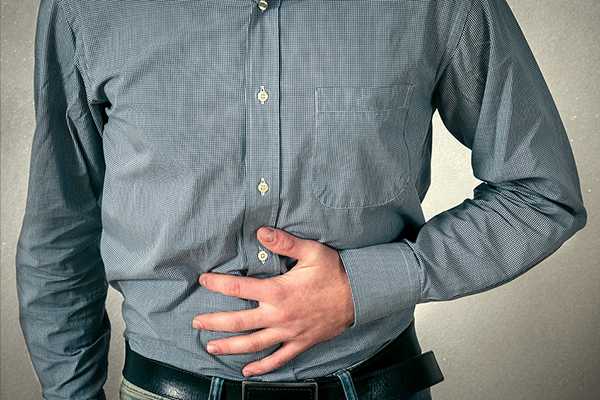“What hath night to do with sleep?”
Is that question a part of your reality? Do you lie in bed at night and find that the harder you try, the more sleep eludes you?
Sleep should be your friend, not your enemy. It's the time that your body uses to restore itself. So how can you get more of it?
For starters, it is important to practice good "sleep hygiene." What does that mean? Here are a few suggestions:
- Go to bed at the same time each night, and get up at the same time each morning. This can be challenging, depending on your schedule, but it will train your body and mind to develop a sleep habit. Our subconscious loves habits. Habits help us to run on autopilot, which is a good thing when it comes to sleep.
- When you go to bed, it shouldn't be to watch TV, read, check Facebook or surf the web. Beds are for sleeping, and if you do other things in bed, your brain gets confused. And that can make it harder to fall asleep.
- Sleeping should be done at night. Daytime naps interfere with nighttime sleep. Your body has a circadian rhythm, which tells it that nighttime is for sleeping. And speaking of circadian rhythm, be sure to sleep in a dark room; your brain perceives light as time to be awake and dark as time to be asleep.
- Exercise during the day makes for better sleep at night. Just don't exercise too close to bedtime.
- Avoid caffeine for six hours before bedtime. Also avoid alcohol at bedtime – people sometimes use alcohol to induce sleepiness, but the quality of that sleep is poor, and you will awaken unrefreshed from alcohol-induced sleep.
- Don't eat too close to bedtime. Sleep is the body's time to rest, and if the body is tied up with digesting instead of resting, then it won't rest well. Eating too close to bedtime can make you uncomfortable, so you can't fall asleep. And it can cause acid reflux, which will keep you up at night.
- If you wake up and cannot fall back asleep in 20 minutes, get out of bed and do something boring. Don't do something mentally stimulating, like watching TV. Don't do something physically stimulating, like housework. Instead, pick up a not-too-exciting book and read for 20 minutes, then go back to bed.
For most people, a quiet place to sleep is essential. However, if household noises or ringing in your ears keeps you up, try using a "white noise" generator. I use the Sleep Machine app on my iPhone, which doubles as an alarm clock. But you could just turn on the radio to static at a low volume, and that would work, too.
If you need to take something to help you fall asleep, try melatonin. Diphenhydramine (the active ingredient in Tylenol PM®and Benadryl®) is often used as a sleep aid; however, if you're over 65, know that this can cause urinary retention and confusion. Several prescription medications are available from your primary care physician or your behavioral health specialist. Some cause drowsiness (like amitriptyline or trazodone), others induce sleep (like Ambien®or Lunesta®), and Remeron®acts as a "sleep regulator."
Perhaps your problem has more to do with snoring, or you stop breathing at night. In that case, you need a sleep study to diagnose a potentially serious health problem.
Or maybe your problem is that you just cannot shut down your mind when you're lying in bed. Thoughts keep racing through your mind. You think of all the things you need to do tomorrow, or you worry about the things you did today. Maybe you even have depression, which is a very common cause of trouble falling asleep or awakening in the early morning hours with trouble falling back asleep. In that case, a "selective serotonin reuptake inhibitor" (citalopram, sertraline or paroxetine, for example) can work wonders. Prayer or meditation at bedtime can be helpful. So can progressive relaxation (see our blog post on anxiety for details).
For more pointers on getting a good night's sleep, I recommend you check out the National Sleep Foundation.
Try these tips, and you will hopefully find that this advice is true:
“The best cure for insomnia is to get a lot of sleep.”
What have you found helpful for getting a good night's sleep?
Tylenol PM® is a trademark of The Tylenol Company.
Benadryl® is a trademark of Johnson & Johnson.
Ambien® is a trademark of Sanofi.
Lunesta® is a trademark of Comfort Revolution, LLC.
Remeron® is a trademark is a trademark of Merck Sharp & Dohme B.V.




